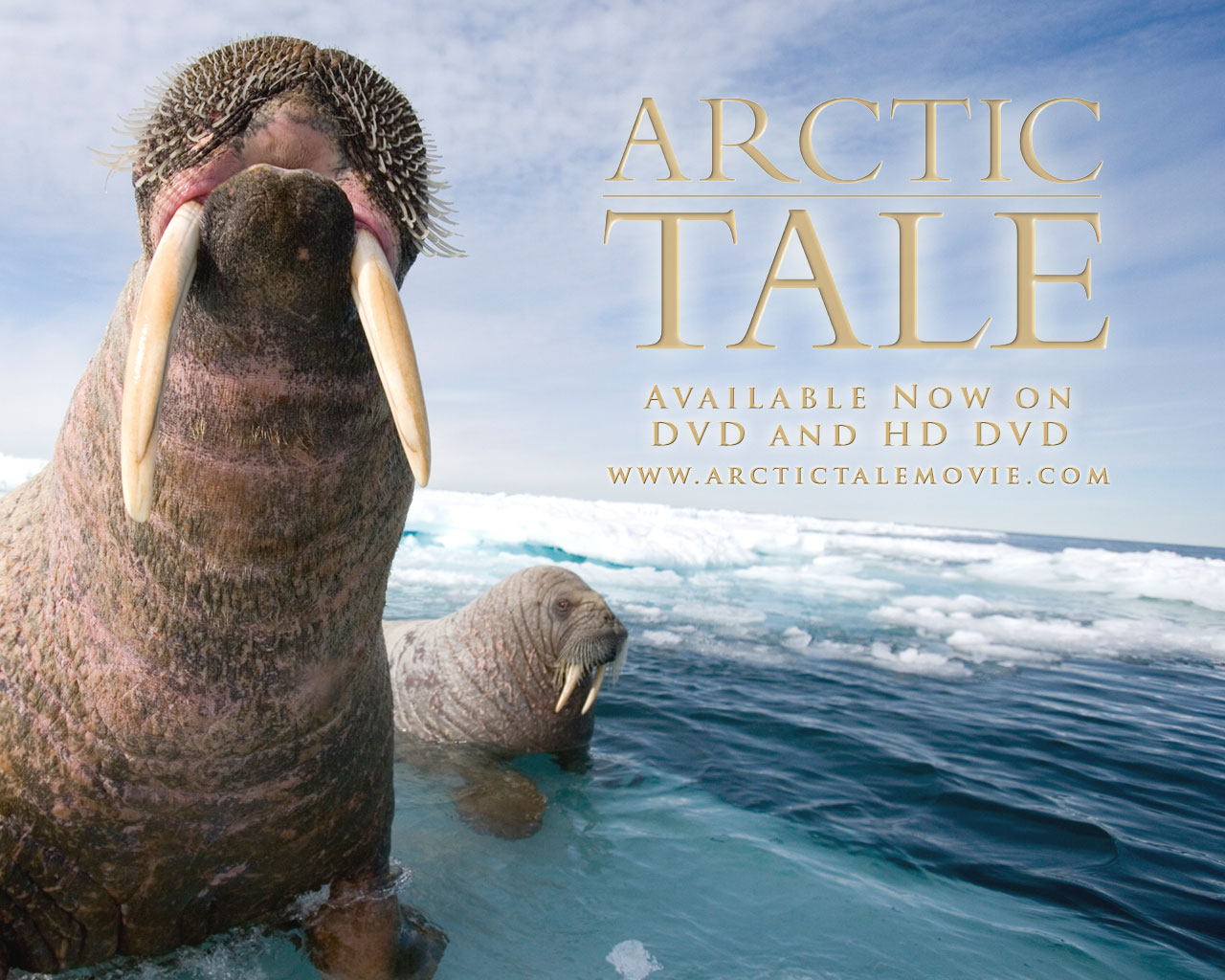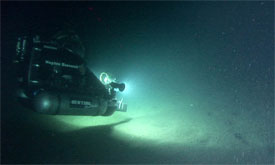State of the Oceans Forum II: Facing the Crisis: Reasons for Hope
Join TED prize recipient and leading oceanographer Dr. Sylvia Earle at the Explorers Club for a discussion on how we can and must save the world’s most crucial natural resource ? the living ocean ? while there is still time.
In early 2009, a panel of top scientists led by marine toxicologist Dr. Susan Shaw and Dr. Earle came together to convey a powerful message about the enormity of the crisis facing the world’s oceans at the first State of the Oceans Forum. Now, these Explorers return for a follow-up forum about the innovative solutions, leadership and resources required to make a difference for future generations. Join them at the Second State of the Oceans Forum: Facing the Crisis: Reasons for Hope on Monday, December 7, 2009, 7:00-9:00pm at the Explorers Club’s World Center for Exploration in New York City.
 |
We need your participation!
The first State of the Oceans Forum resulted in an important dialogue among many of you, and much of your valuable input has been included in the vision for the second Forum. Please continue to participate, by submitting your comments (below in the comment section), letting your voice be heard at the event, and distributing this information through your own networks. It’s critical that the important messages of this forum reach new ears and eyes in order for change to occur.
[serialposts]
 |
 |
| The oceans are in crisis. As Explorers, we need to focus world attention on protecting this most crucial natural resource.
Sustaining 90% of Earth’s biodiversity, the ocean environment and its living inhabitants are being steadily destroyed by human activities. Overfishing and mega-trawling have depleted global fish stocks and ripped up the ocean floor. Ocean dumping, toxic runoff from land, plastic debris, oil spills, and carbon emissions have resulted in widespread loss of biodiversity. Large-scale alterations to ocean ecosystems have occurred and more are underway. We urgently need to prevent further ocean degradation and reverse the damage before it is too late. |
| PROGRAM: PANEL AND DISCUSSION
Forum Chair: Dr. Susan Shaw, FN?07 The Explorers Club Public Lecture Series: 2nd State of the Oceans Forum December 7, 2009 Reception and ticket sales 6:00 PM, Forum 7:00 ? 9:00 PM
7:10 ? 7:30 Saving the Blue Heart of the Planet ? Sylvia Earle
7:45 – 8:00 Indicators of Change: Ocean Acidification and the Vanishing Reefs ? Nancy Knowlton
8:15 ? 8:30 Ocean Policy and Education: Time for A Sea Change ? David Guggenheim 8:30 ? 8:40 The Wild Sea ? Jim Fowler 8:40 ? 9:00 Open Discussion with Panelists |
||||||||||||||||||||||||
PANEL SPEAKERS
Called ?Her Deepness? by the New York Times, Sylvia Earle is a world-renowned oceanographer who has been at the frontier
Environmental toxicologist and public health expert Susan Shaw has spent two decades documenting the effects of man-made chemicals in marine mammals along the North American Pacific and Atlantic coasts. She is credited as the first scientist to reveal that brominated flame-retardants?chemicals widely used in consumer products?are biomagnifying in this US coastal marine food web. Named a Gulf of Maine Visionary and honored by the Maine Legislature for her pioneering investigation, Seals as Sentinels, on the effects of chemical contamination in marine mammals and humans, Dr. Shaw’s research has influenced public health and toxics legislation in the US and abroad.
Nancy Knowlton’s research on the ecology and evolution of coral reef organisms in the Caribbean, Central Pacific and Indian Ocean has led to the widespread recognition that past estimates of marine diversity are probably too low by a factor of ten. The founding Director of the Center for Marine Biodiversity and Conservation at the Scripps Institution of Oceanography, Dr. Knowlton currently chairs the World Bank’s Targeted Research Program for Coral Reefs and is the principle investigator of the Census of Marine Life’s Coral Reef Initiative. She is an elected fellow and member of the Board of Directors of the American Association for the Advancement of Science and an Aldo Leopold Leadership Fellow.
One of the first oceanographers to use a combination of submarines and robots to map the undersea world, David Gallo was invited by legendary Titanic-hunter Robert Ballard to join the Woods Hole Oceanographic Institution in 1987. As an ambassador of deep-sea exploration, Dr. Gallo works closely with scientists at the forefront of ocean discovery, filmmakers, and media broadcasters including National Geographic and PBS, to reveal the secrets of the deep and communicate the importance of science and engineering to the public. Most recently, Dr. Gallo co-led an exploration of the RMS Titanic and German battleship Bismarck.
David Guggenheim is a marine scientist, conservation policy specialist, submarine pilot and ocean explorer who recently piloted the first-ever manned submersible dives into the Bering Sea’s largest underwater canyons as scientific advisor to Greenpeace. Previously the vice president for conservation policy at the Ocean Conservancy, Dr. Guggenheim founded 1planet1ocean ? a non-profit organization and project of The Ocean Foundation, dedicated to building international partnerships for marine conservation. Also known as the ?Ocean Doctor,? he’s currently engaged in an educational expedition across the country and hosts the podcast series ExpeditionCasts.
Television legend Jim Fowler hosted the Emmy-Award winning Mutual of Omaha’s Wild Kingdom from 1963 to 1988 before becoming NBC’s official wildlife correspondent on the Today Show. In 1997 he joined Discovery Communication’s Animal Planet and later launched Jim Fowler’s Life in the Wild in 2000. He has received numerous awards including the Environmental Media Association’s first-ever Lifetime Achievement Award in 1998, and the 2003 Lindbergh Award for 40 years of dedication to wildlife preservation and education. |
||||||||||||||||||||||||










Leave a Reply
Want to join the discussion?Feel free to contribute!